Best Expert Money Advice for Women

When it comes to financial wellness, women tend to be at a disadvantage compared to their male counterparts. Women have lower rates of financial literacy, are more likely to say they can’t afford to save for retirement, are more likely to leave the workforce to become caregivers and overall earn less than men; meanwhile, they have longer life expectancies and therefore will have higher long-term costs, according to Annuity.org.
Read More: Old-School Money Advice You Shouldn’t Follow Anymore
Although it may take some time to even out the financial playing field, in the meantime, women need to do all they can to ensure they are managing their finances well for both the short- and long-term. Here’s what top money experts say women should be doing to improve their financial outlook.
Discover: 10 Women Who Have Made Financial History
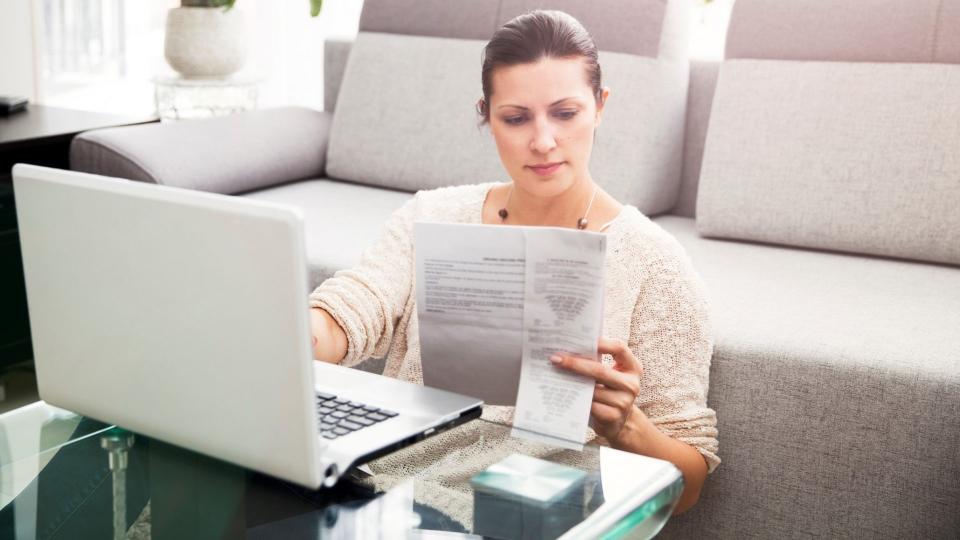
Have a Plan for the 'Big Three'
Jill Schlesinger, CFP and author of the personal finance website Jill on Money, told JWI that women need to start getting serious about their financial planning by their 30s at the latest, and should focus on three main areas.
“The three big issues that people need to have covered before they start planning for the future are: they need to be consumer debt free (no credit cards or auto loans); they need to have six to 12 months of expenses in the bank in a safe emergency reserve fund; and they need to be contributing to a retirement plan,” she said. “Once they get those big three covered they can start planning for different goals in their lives.”
Related: Ways To ‘Celebrate’ Financial Literacy Month (That Don’t Cost Anything)

Know Your Worth
One way to ensure you’re being paid enough is knowing how much other people in similar roles are making — yet, women often shy away from discussing their salaries.
“I definitely advocate that women are transparent with one another in regards to salary,” Barbara Ginty, certified financial planner and host of the “Future Rich” podcast told the WeWork blog. “Knowledge is power, and being able to talk openly with your close friends and colleagues — male or female — about salary can help you better advocate for yourself.”
Find Out: How To Live Rich on a Tight Budget

Be Aware of Exactly Where Your Money Is Going
Ginty said it’s important to know exactly how much money you’re making and spending every month.
“Know what’s coming in, where it’s going, and whether your spending is serving a purpose,” she told the WeWork blog.
To do this, look at your bank statements, as well as your credit and debit card statements. You should track your expenses with apps, spreadsheets or even on paper.
Read: 8 Reasons Women Should Get a Financial Advisor Right Now
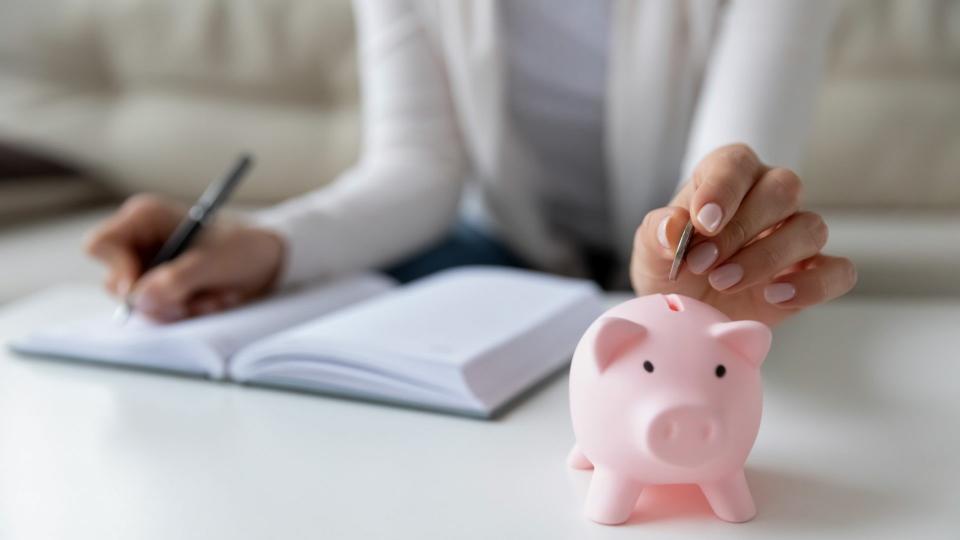
Pay Yourself First
Barbara Huson, author of “Secrets of Six-Figure Women,” advises that to build wealth, women should be contributing a portion of what they earn to their personal savings on a regular basis.
“In other words, they pay themselves first,” she wrote in a blog post. “I’ve watched countless underearners transform small salaries into hefty bank balances by simply socking away small amounts into a savings account every month.”
Huson recommends setting up automatic transfers to make this tip super easy to follow.
Did You Know: How Far a $100,000 Salary Goes in America’s 50 Largest Cities
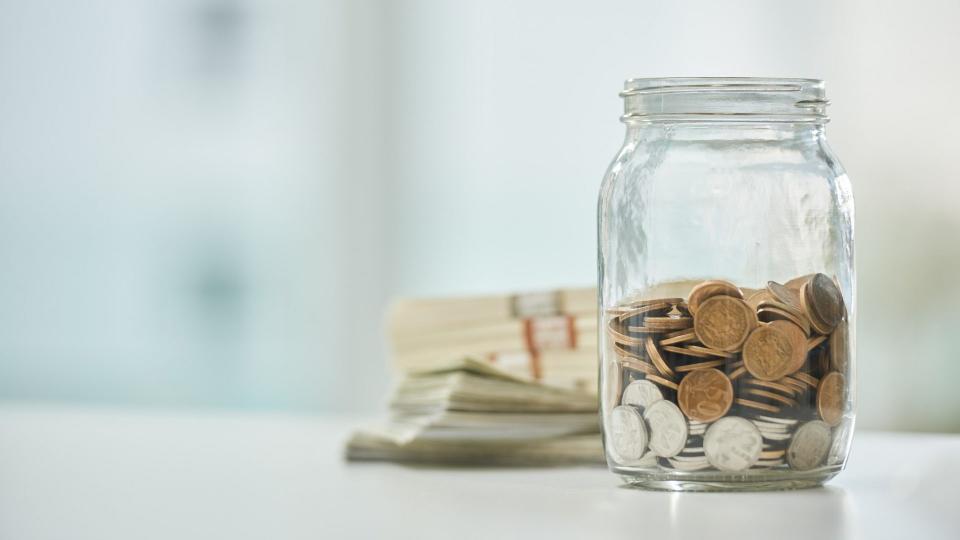
Aim To Have $10,000 in Emergency Cash
Having an emergency fund in place can help you from going into debt in the case of an unexpected shift in your financial situation. This should be in the form of cash that you can easily access.
“Protect your cash,” Danetha Doe, founder of “Money and Mimosas,” told Travel Noire. “Every woman needs access to at least $10,000 in cash, whether that’s in a traditional savings account or another vehicle that you can access within 24 hours.”
Budgeting 101: How To Create a Budget You Can Live With

Create 'Money Buckets'
In addition to saving up emergency cash, you may have other financial goals you are saving for. Tiffany “The Budgenista” Aliche, co-host of the “Brown Ambition” podcast, said to create individual savings accounts — or “money buckets” — for each of these goals.
“A money bucket is just an online-only savings account that allows you to easily save and measure your money, like rain in a bucket,” she told MadameNoire. “The beauty of having an online-only savings account is you can create as many categories or buckets as you want or need. I have one for my travel, one for my house and one for a car. You could have one for birthdays, vacations and if you are a mommy, you might have one labeled ‘sports’ for your kids’ activities. You can open as many savings accounts as you would like and then name them so that you would know exactly what the money is earmarked for.”
How To Get Out of Debt: A Step-by-Step Guide
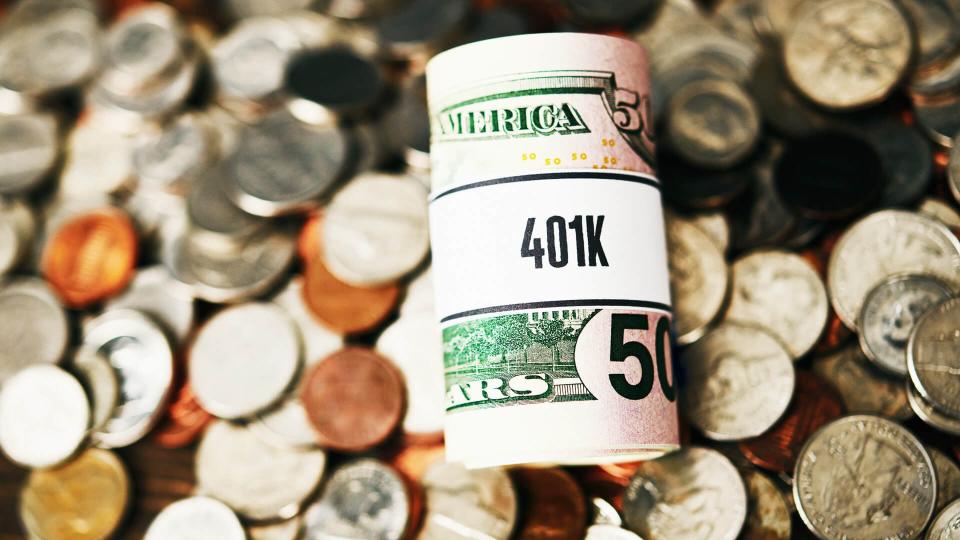
Max Out Your Tax-Advantaged Savings Accounts
Women should also prioritize saving for retirement, and should utilize tax-advantaged accounts.
“Your workplace retirement plan like a 401(k) or 403(b) and IRAs should be your first stop in creating a retirement savings portfolio because, unlike most other investment vehicles, these accounts offer tax benefits,” Farnoosh Torabi, host of the “So Money” podcast, wrote in a blog post. “My company’s 401(k) was the first investment portfolio I opened in my 20s. It not only came with a company match of 50 cents for every dollar up to 5%, I also benefited from the 401(k) tax deduction. My contributions, up to a certain amount, helped to reduce my taxable income each year.”
Discover: Best Cities To Retire on a Budget of $1,500 a Month
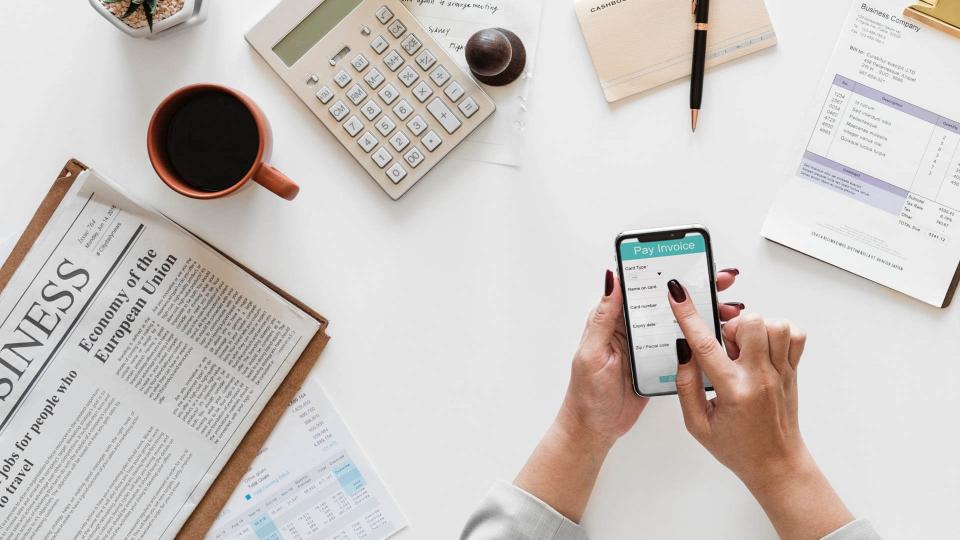
Start Investing If You Haven't Already
Jully-Alma Taveras, founder of the YouTube channel “Investing Latina,” started making her educational videos to inform women about the importance of investing.
“Women have entered the workforce and are making more money than ever before — becoming financially powerful through investing is the next step,” she told the Personal Capital blog. If you’re new to investing, she said to “start small and stay committed. I started with $50 per paycheck into a 403(b), and now have grown to managing my multi-armed investment portfolio. And that’s what I want every woman in the world to have.”
Find Out: Richest Black Women in the World 2021
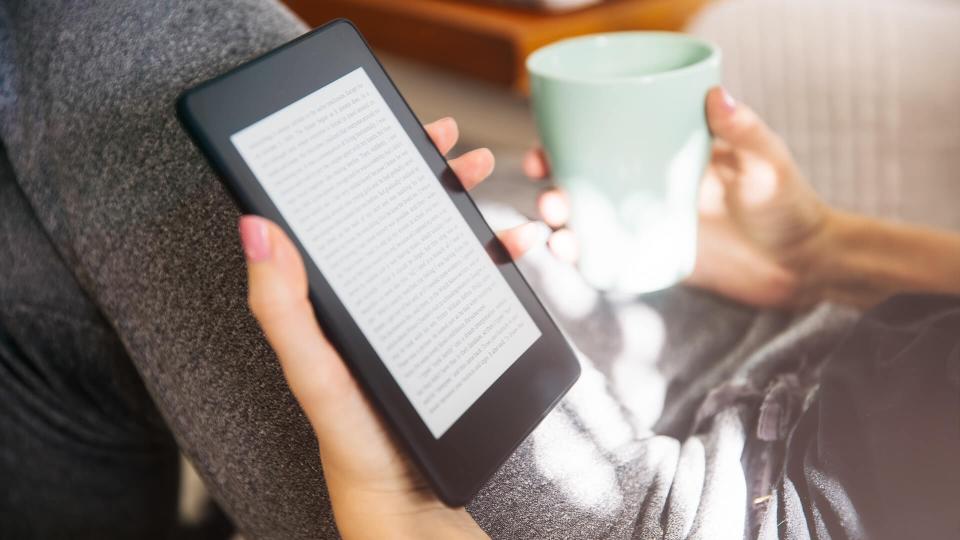
Stop Making Excuses
If you know you need to learn more about finances and investing, take the time to actually educate yourself.
“Let’s get really real. Women say they need to do it. It’s not about needing to do it. It’s about wanting to do it,” Suze Orman, author of “Women & Money,” told the Associated Press. “If they wanted to do it — are you kidding me? They could watch CNBC, they could read Barrons and there are financial books galore. Read my ‘Women & Money’ book, listen to my podcast. It’s an excuse. It’s like saying I need to lose weight — OK, then do it.”
Read More: 27 Best Strategies To Get the Most Out of Your 401(k)
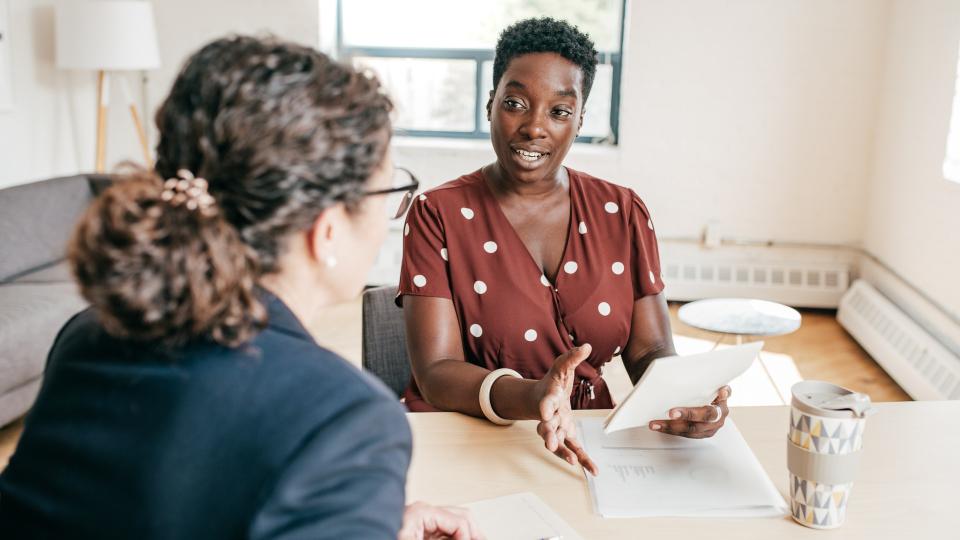
Ask for Help
If you have a specific financial goal in mind and aren’t sure how to achieve it, you may want to seek out the help of a financial professional.
“Working with a financial planner can be a smart way to stay informed along the way and tap the expertise of a professional to ensure you are saving enough and are on track to achieve your goals today and in the future,” Torabi said in a blog post. “To begin your search, ask friends, family and colleagues for their recommendations. Initial consultations with planners are generally free and that’s an opportunity to see if working with this person would be a right fit. Look for planners with the CFP or certified financial planner designation.”
More From GOBankingRates
This article originally appeared on GOBankingRates.com: Best Expert Money Advice for Women
